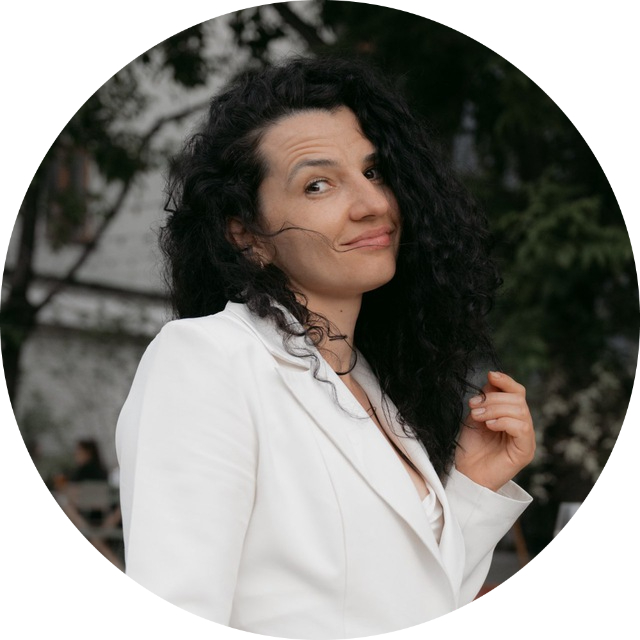Returning to school is an exciting moment for both children and their parents. It’s not just about gathering all the necessary supplies, but also about switching from vacation mode to study mode.
Why is it so hard to return from vacation?

Because vacation means freedom, while school means routine and structure, and this structure doesn’t always match the student’s personality. In the summer, a child is just a child—they have the right to play, have fun, go to bed late, and meet with friends as much as they want. But September means getting organized, buttoning up that top shirt button, and becoming a student for the next nine months.
Vacation is a holiday (of course, if the summer was eventful), while school is more of a useful routine. Even we adults find it hard to stick to a routine for long. What can we say about children!
Why is September 1st stressful for parents?
There are several factors here. First, for the parents’ own generation, school—Soviet and post-Soviet—was often a traumatic experience, so anything related to school is inherently tinged with anxiety.
Second, school is a society where evaluation and ranking are the norm. Parents can’t help but worry and feel insecure: Am I a good parent? Is my child smart, decent, successful enough? How do they compare to others? And everyone feels this anxiety.
If the child is well-adjusted and academically successful, parents worry about how to develop them further. If the child struggles with studies or class relationships, they worry about not being able to influence the situation.
Is it useful to study during vacation?
I am against studying during vacation. It’s just not fair: after all, parents themselves don’t want to work during their time off. Why force children? There’s no need to review the past year’s material—in most schools, the first month of school is dedicated to review.
Yes, there are exceptions: for example, if the final grade was really bad, below a C, or if the child is transferring to another school. Then, by mutual agreement, studying during vacation can be planned. It’s very important that parents remain loving and close, not turn into an additional controlling authority like the school.
How it works at our school: if we see a student struggling in, say, math—we can agree with the student and their family that during a specific study period, they will focus on a few specific topics.
1. All three parties must agree: the school, the student, and the parents. Otherwise, it becomes an obligation, not an agreement.
2. There needs to be a specific goal for studying during vacation, agreed upon with the student. Parental anxiety or a desire to look good in the eyes of the homeroom teacher is not a goal. But improving a failing grade is a clear goal worth striving for.
3. It’s important that studying takes up a specific and small part of the vacation, for example, three weeks in July. Then the rest of the time the child can use as they wish.
How to help a child get ready for the school year?
To help a child calmly return to the school routine, they need to be calmly prepared for it. It’s important for parents to set aside the second half of August for a smooth return to routine. Gradually reintroduce morning wake-ups, buy new school clothes and supplies ahead of time. And involve the child in these tasks: let choosing nice notebooks and pens make the end of vacation more pleasant.
The secret to success is the parent’s calm and comfort. Instead of fussing and worrying, try to take a deep breath and discuss with your child: How do you want this year to be? What do you want to fill it with? How do you want to feel during it?
What NOT to do:
— Ignore the routine until the last minute, saying, “Let the little one rest a bit more”;
— Return from vacation right before September 1 and panic in the morning because nothing is ready;
— Put off shopping until the last minute. The closer it gets to September, the longer the lines and the more






